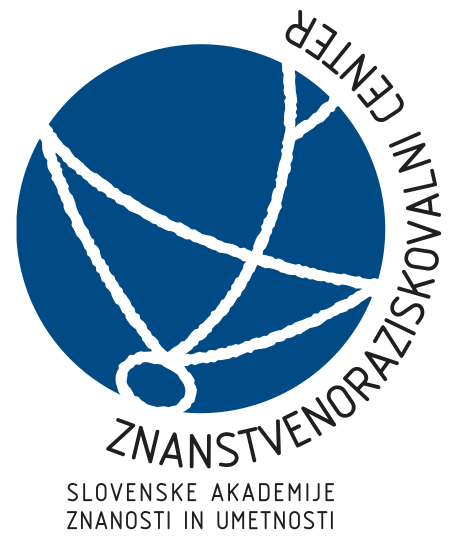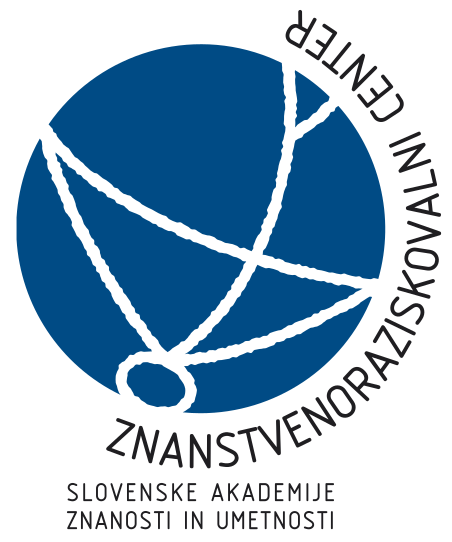Sociomedical Institute
Past research studies
Since its inception the institute has researched many sociomedical issues in Slovenia. In 1994 academics of the Sociomedical Institute prepared a study which identified fertility behaviour (especially reproductive health). One of the priority research areas of the institute is suicide and suicidal behaviour.
Several changes in the personnel structure of the Sociomedical Institute have taken place since 1999, and at the same time the institute's research orientation has expanded to cover the fields of sociology, social anthropology, psychology, neurobiology and social work. Research at the Sociomedical Institute is characterised by a multidisciplinary approach.
Social phenomena studies
The study of social phenomena such as low fertility rate, ageing of the population, migration, auto-and hetero-aggressive behavioural patterns and substance abuse, is thus set in the context of a wide spectrum of research areas covering the fields of social sciences, humanities and medical sciences. On the one hand, these research areas link into the sociological and social-anthropological interpretation of classical demographic models and concepts of social-anthropological theory of ethnicity and nationalism, while on the other they link into personality, psychosocial, neuro-psychological and neuro-biological theories of social behaviour.
In 2008 the Sociomedical Institute published a study conducted by Urška Rajgelj: Between Self-fulfilment and Social Expectations: The Attitude of the University Educated towards Fertility.
International cooperation
The Sociomedical Institute has finished several projects in collaboration with international research institutions. The latest research FEMAGE - Needs for Female Immigrants and their Integration in Ageing Societies, coordinated by Bundesinstitut für Bevölkerungsforschung, was funded by the European Commission's 5th Framework Programme and conducted with European and regional partners such as Magyar Kozsponti Statisztikai Hivatal, Budapest; Population and Policy Consultants, Brussels; the International Organisation for Migration, Warsaw; Masaryk University, Brno; Oesterreichische Akademie der Wissenschaften, Vienna; Väestöliittory (The Family Federation of Finland), Helsinki; Estonian Interuniversity Population Research Centre, Talin.
See also
- Institute for the History of Medicine, University of Ljubljana
- Museum of Medicine, Institute for the History of Medicine
- Scientific Research Centre (ZRC SAZU), Slovene Academy of Science and Arts
- Slovene Academy of Sciences and Arts (SAZU)
- Slovene Academy of Sciences and Arts (SAZU) Library



